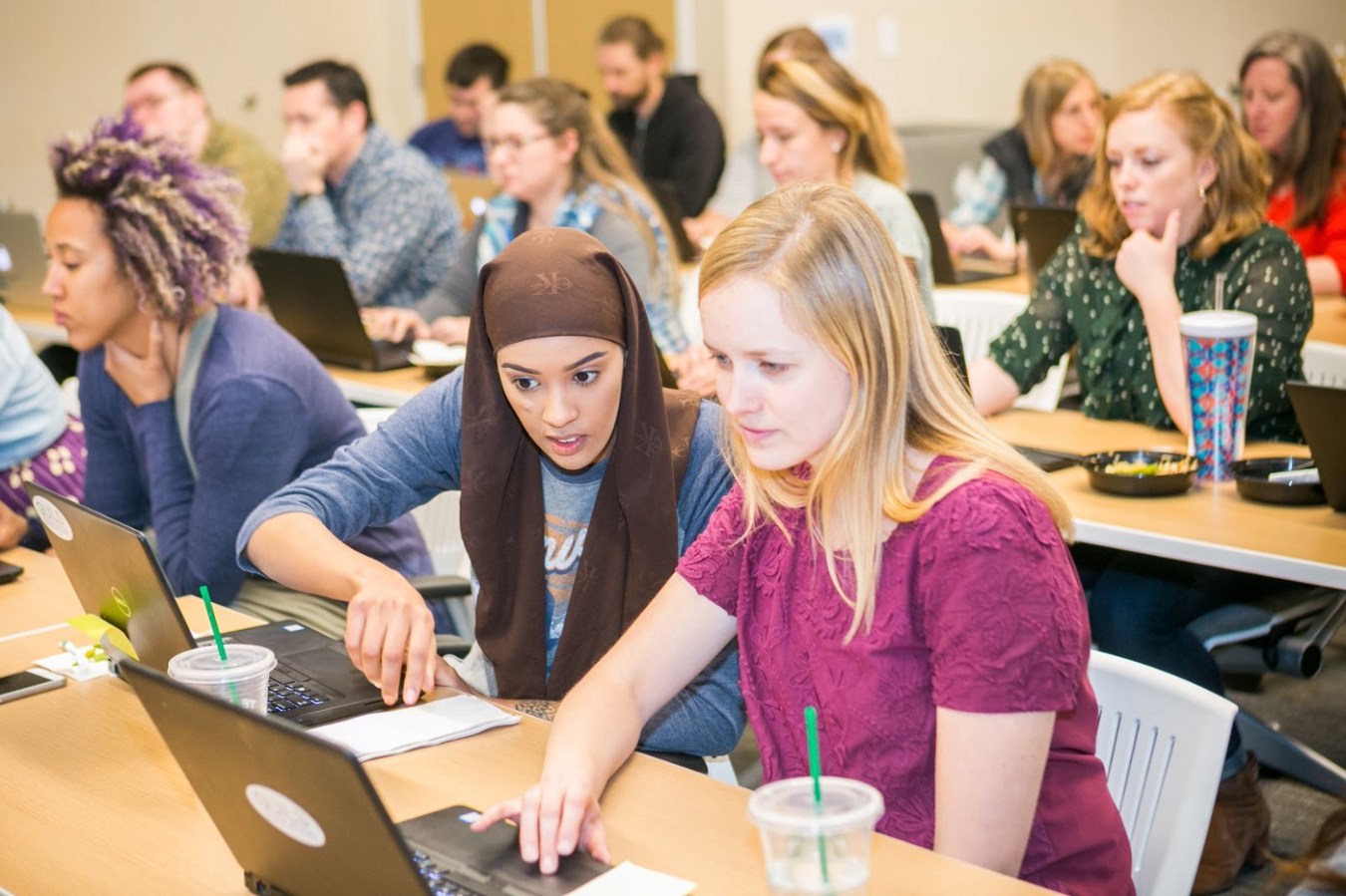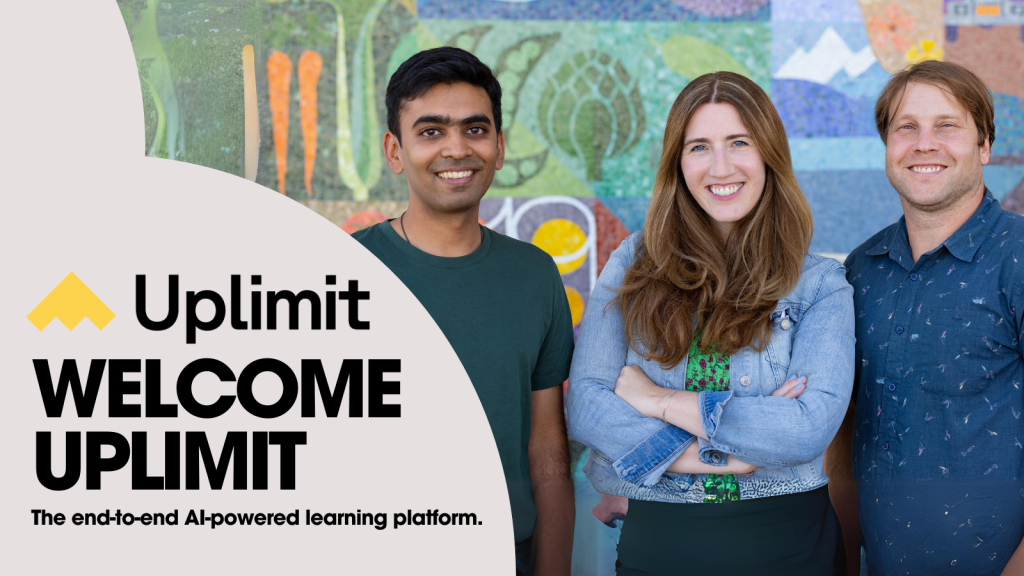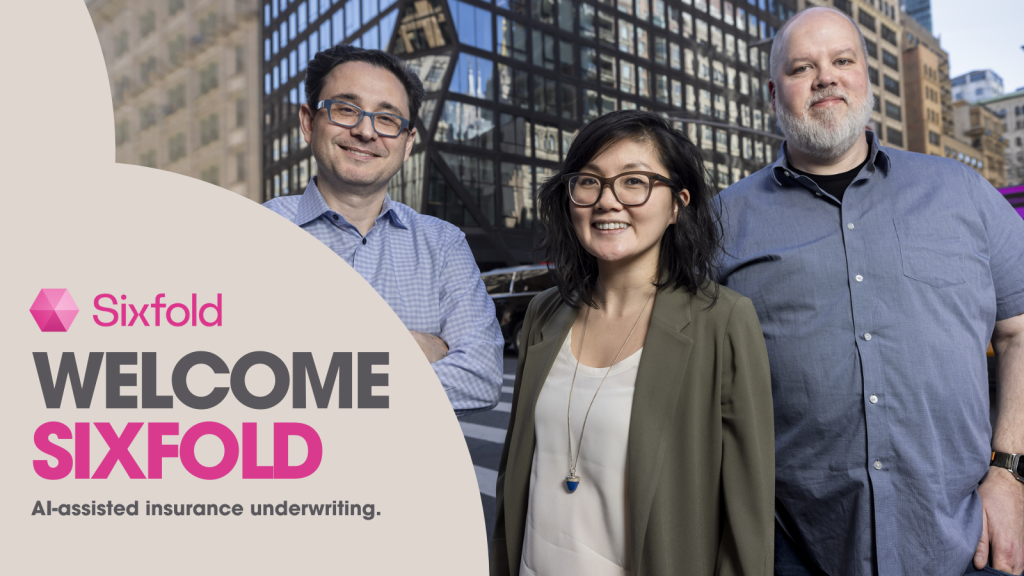
Guild Education: Getting a Degree in “Resilience”
Digital Transformation is making it possible for organizations of all sizes to reinvent themselves to meet the changing times. Guild Education is helping companies staff up to meet the moment, while also doing the same for workers.
As we continue to work our way through the pandemic and its impact on the economy, many experts say they are expecting a “K-shaped” recovery — one that will allow professional workers and the wealthy to excel, yet cause those in already dire straits to continue to fare worse.
“COVID-19 is accelerating automation and compounding the advantages of the strongest companies. It’s even more important than ever we find ways to unlock opportunity and economic mobility for low and middle-income Americans. Inaction really isn’t an option — it risks leaving people behind permanently,” says Rachel Carlson, CEO of Denver-based Guild Education.
Carlson and her company are doing something about it. Guild works with Fortune 1000 companies to incorporate education and education benefits into their corporate strategy helping with problems such as retention, upskilling and training. Guild offers a software platform to help companies such as Walmart, Lowe’s and Taco Bell support their employees’ efforts to improve their skills and education, while empowering workers to take control of their careers and reach for new opportunities. Guild was named #46 on the Forbes 2020 Cloud 100 this year (up from #86 on the 2019 list), and #23 on the Inc. 5000 list of the fastest-growing private companies.
Guild’s model is particularly well-suited for the times. The COVID-19 crisis and its record unemployment arrived at a time in history when 88 million working adults are in need of reskilling or upskilling in order to compete in the future of work, 64 million of whom do not have a postsecondary degree.
As we shifted almost overnight to a shelter-in-place society, many workers saw a decrease in need for in-person jobs, such as those in hospitality and retail, and companies of all sizes raced to meet new demands, moving as many processes to the cloud as possible, increasing automation, as well as an even-more intense demand for a tech-savvy workforce. Walmart, for example, extended its tuition benefit in June to all of its employees on the first day of employment, rather than after three months.
“The trend toward automation and digitization was already happening before the pandemic and has been radically accelerated due to impacts from COVID-19,” says Carlson. “A generation of Americans are facing numerous changes due to a rapid evolution of work. In this time of reflection, I think many people will find education is the most secure way to get them where they need to go now, as well as in the future as things continue to change.”
The company has seen a 25% surge in interest from students eager to sign up for classes during the pandemic. In addition to increasing long-term opportunities, Guild helps employees level-up their economic stability in the short-term.
Guild has also seen increased demand from universities eager to make it easier for students to enroll in and pay for online classes. Guild and its partners are working to make higher education more accessible to more people — especially the underserved. Paul Quinn College, a historically Black college, recently signed up with Guild in an effort to provide educational opportunities to working adults, including short-term credential programs and accelerated degrees.
About half of Guild’s students are parents, and Carlson, a professional working mom with young twins, is acutely aware of the delicate balance between economic acceleration and mobility. Because of this, every Guild program is designed to reduce friction and meet employees where they can learn on their own terms, making it possible for parents to accelerate their careers even as they are at home supporting their kids in their “virtual learning” efforts.
“Guild was founded on the belief that companies and employees can work together to prepare each other for a future that demands resilience and in which the best jobs will require advanced training and education,” says Carlson. “We are built to help employers and employees who recognize that lifelong learning is the most important skill of the 21st century. The pandemic has confirmed for us that our mission is as important as ever.”
We couldn’t agree more. We feel privileged to work with Rachel Carlson and the rest of the team at Guild.





